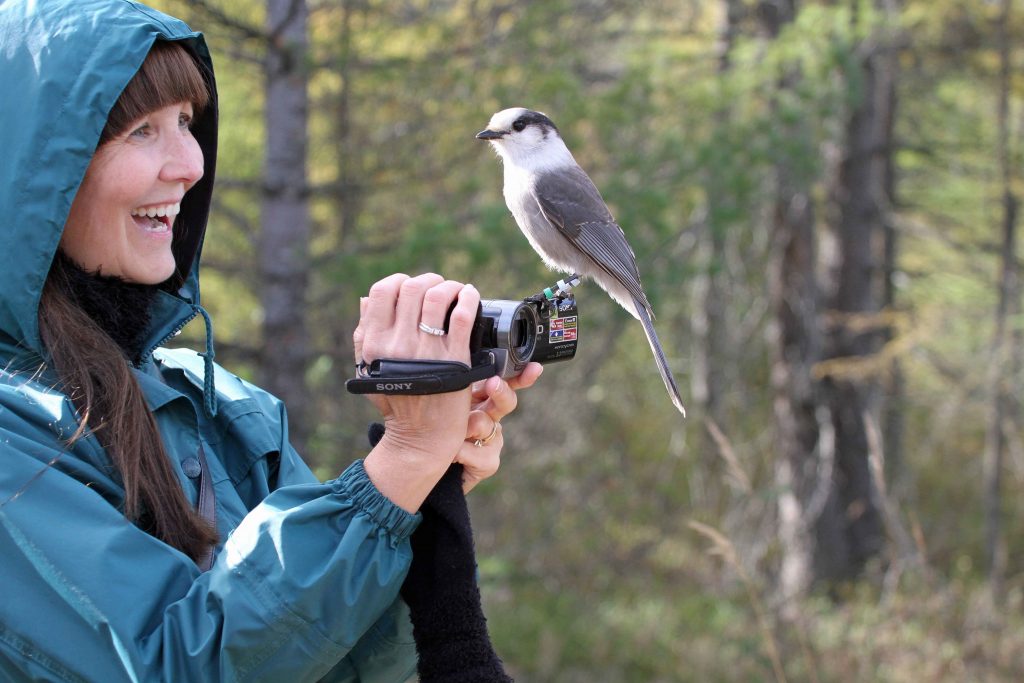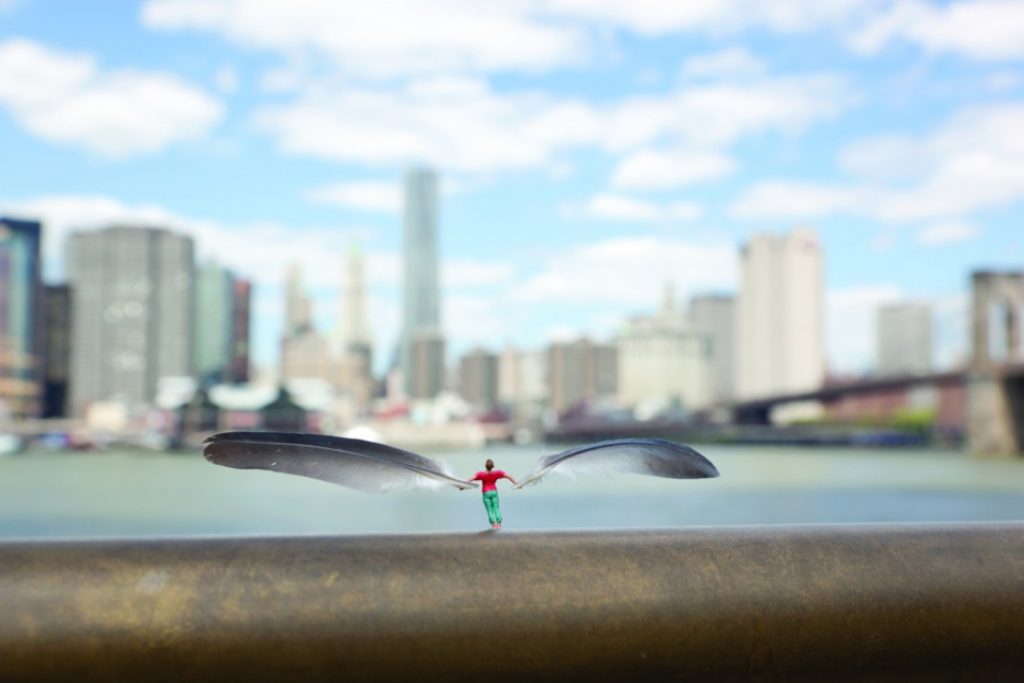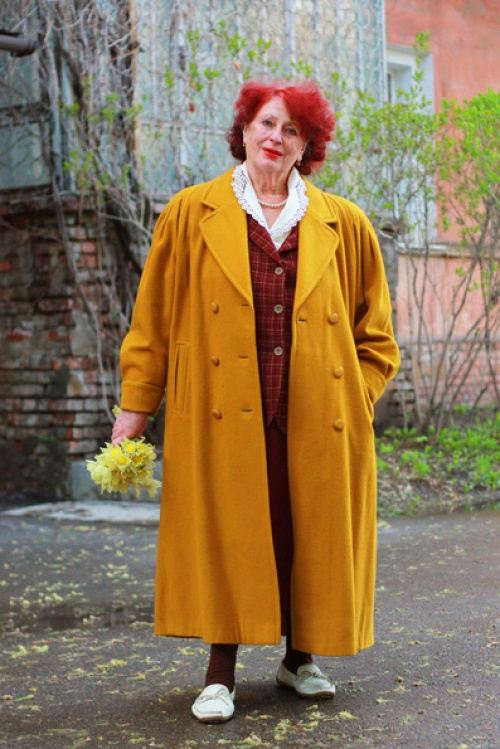You Near It In Circles
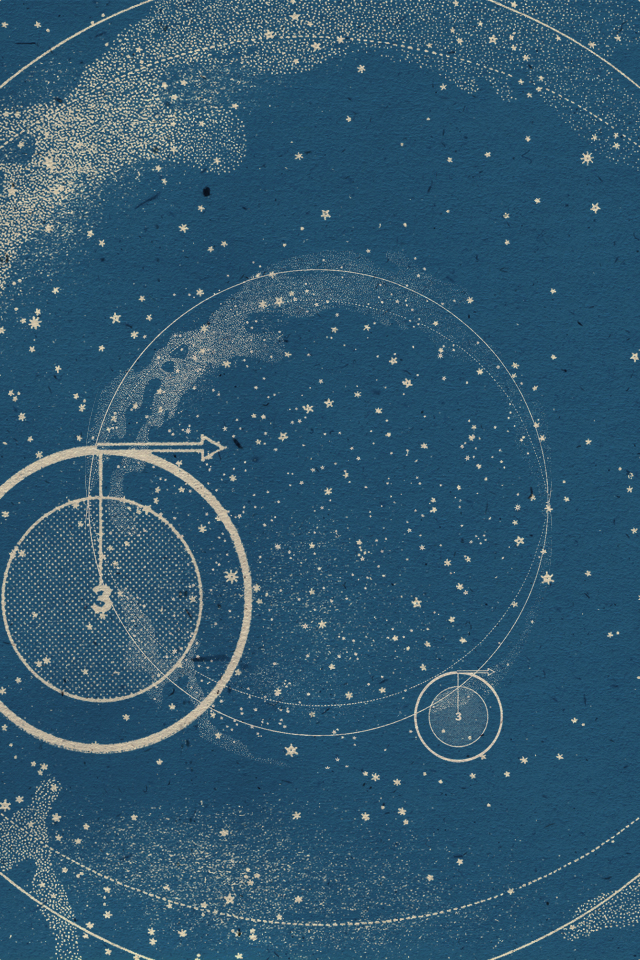 Toward the Infinite
Toward the Infinite
by Jane Hirshfield
You might take it for a given:
how numbers climb
first quickly,
then more slowly toward the infinite,
the way an aging man climbs stairs
first with a hand to the banister,
then pausing between landings,
then not at all.
Or the desert fathers
hunting their God from the beehived caves–
how hunger brought him closer,
lessened the distance between eye and star,
as light became only an absence
of the long familiar dark.
You near it in circles, the way
a dog circles his sleep before lying down:
the ascetics die with their gnosis
concealed among them, sifted, particular sand.
The man moves to a ground-floor flat and brews his tea,
the numbers continue in lengthy approach.
And your eye for a moment settles
on the breast of a strange girl;
you know her then entirely
before she passes out of view.
And What Does He Do?
The Duck
by Donald Babcock
Now we’re ready to look at something pretty special. It’s a duck, riding the ocean a hundred feet beyond the surf. No it isn’t a gull. A gull always has a raucous touch about him. This is some sort of duck, and he cuddles in the swells.
He isn’t cold, and he is thinking things over. There is a big heaving in the Atlantic, and he is a part of it.
He looks a bit like the Lord Buddha meditating under the Bodhi tree.
But he hardly has enough above the eyes to be a philosopher. He has poise, however, which is what philosophers must have.
He can rest while the Atlantic heaves, because he rests in the Atlantic.
Probably he doesn’t know how large the ocean is. And neither do you. But he realizes it.
And what does he do, I ask you? He sits down in it! He reposes in the immediate as if it were infinity — which it is. He has made himself a part of the boundless by easing himself into it just where it touches him.
I like the duck. He doesn’t know much, but he’s got religion.
Always There Is Desire
(And why this poem, today? I don’t know. Best then to stay with the question.)
Lullabye
by Jane Hirshfield
n.: 1. a song to quiet children or to lull them to sleep; a cradlesong. 2. music for this. 3. good night or good-by; a farewell
Always there is desire,
only the shape
of what is desired shifts,
each love giving way to another,
from the first sound
of heartbeat inconceivably there,
and on
into the face that rises like a moon
beyond the world’s edge;
into the milk that teaches
earliest meaning, hunger;
into the tumbling of breast, of belly heat,
of hands, that encourage the body
to meaning of its own;
into the close-tucked blankets, nascent trust
that existence will hold through the night;
into the dangled colors, first temptation,
that come and go;
into that song that wanders beyond knowing
out of lips;
into the climbing bafflement of change;
into the first power,
to call forth;
into the second power,
to move;
into the third power,
into the loneliness of self.
And now, desire fully mounted,
the branch full-laden with flower,
white hands of strangers start to summon
an awkward, ground-risen heat,
knowledge takes root in the body daily more sure,
it cries out and cries out again in startled awe–
Until, when the whole music is breaking
full-throated into the ears,
the next desire begins to whisper
into the stateliness of bones, a pull,
into the steadiness of blood, a weight,
and flavors of early apples appear on the tongue,
feet come to travel the ground more slowly again,
the map of the face grows detailed, a country known,
and the new love comes,
if the heart
will open enough, will let enough go to make room:
love of the structure of things,
bare branches of trees;
love of the overly large, the poorly made,
the somehow wrong;
love of the golden net,
the promises and guile of words;
love of the strength
that is passing from the legs;
love of the colors
daily leaving the eyes;
love of the delicacy
that abandons the wrists;
love of all powers
that diminish out of the body,
calling farewell
to the ears that forget to listen,
to the nerve-ends fraying with use,
to the breathing that retrenches into itself,
to the beautiful skin grown tired of dividing the earth
into ours, not ours,
as we tire too, of holding separate,
and love of self that was once so clear
grows suddenly simple, widens,
as a mother’s hand smoothing a sheet,
as water that broadens and flattens,
taking the shape of the darkened, still-reflecting
world.
Without Which You Have No Reason To
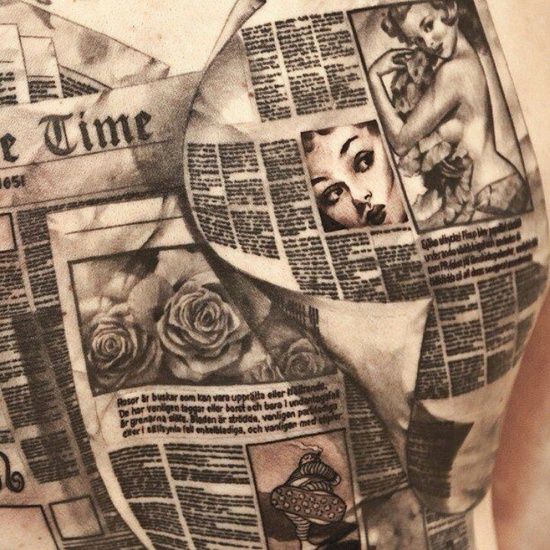 I’m not sure why today, of all days, I feel like posting this poem.
I’m not sure why today, of all days, I feel like posting this poem.
Maybe it’s because my cats got into another fight this morning. (Nothing serious. But a definite setback in the peace-making process.)
Or because I was at the hospital with my sister most of the day yesterday. (A routine preventative procedure. But still.)
Or maybe it’s the accumulative effect of reading the newspaper again and again.
The News
by Tony Hoagland
The big country beat the little country up
like a schoolyard bully,
so an even bigger country stepped in
and knocked it on its ass to make it nice,
which reminds me of my Uncle Bob’s
philosophy of parenting.
It’s August, I’m sitting on the porch swing,
touching the sores inside my mouth
with the tip of my tongue, watching the sun
go down in the west like a sinking ship,
from which a flood of sticky orange bleeds out.
It’s the hour of meatloaf perfume emanating from the houses.
It’s the season of Little League practice
and atonal high-school band rehearsals.
You can’t buy a beach umbrella in the stores till next year.
The summer beauty pageants are all over,
and no one I know won the swimsuit competition.
This year illness just flirted with me,
picking me up and putting me down
like a cat with a ball of yarn,
so I walked among the living like a tourist,
and I wore my health
like a borrowed shirt,
knowing I would probably have to give it back.
There are the terrible things that happen to you
and the terrible things that you yourself make happen,
like George, who bought a little red sportscar
for his favorite niece
to smash her life to pieces in.
And the girl on the radio sings,
You know what I’m talking about, Bawhoop, awhoop.
This year it seems like everyone is getting tattoos–
sharks and Chinese characters,
hummingbirds and musical notes–
but the tattoo I would like to get
is of a fist and a rose.
But I can’t tell how they will fit together on my shoulder:
if the rose is inside the fist, it will be crushed or hidden;
if the fist is closed,–as a fist by definition is,–
it cannot reach out and touch the rose.
Yet the only tattoo I want
is of a fist and rose, together.
Fist, that helps you survive.
Rose, without which
you have no reason to.
Let Me Keep Company Always
Mysteries, Yes
by Mary Oliver
Truly, we live with mysteries too marvelous
to be understood.
How grass can be nourishing in the
mouths of the lambs.
How rivers and stones are forever
in allegiance with gravity
while we ourselves dream of rising.
How two hands touch and the bonds
will
never be broken.
How people come, from delight or the
scars of damage,
to the comfort of a poem.
Let me keep my distance, always, from
those
who think they have the answers.
Let me keep company always with those who say
“Look!” and laugh in astonishment,
and bow their heads.
I Would Skip This Part
Catechism for November
by Tony Hoagland
In the movie theater one night, you whispered,
“It is easier to watch than to live,”
and on the street outside, you thought,
“If this was a book, I would skip this part.”
Remember when you opened the fortune cookie in March?
It said, “Ideology is bad for you.”
Remember when you called Annabelle
“an encyclopedia of self-perpetuating pain?”
On Tuesday you said, “I’m a small wooden boat,
adrift in the space between storms,”
and on Wednesday you said, “I should go back to the park more often.”
Then you killed the spider with the heel of your shoe,
and said, “I can’t take care of all sentient beings!”
But when the girl with pink hair brought her sniffles to class,
you found a Kleenex in your purse for her.
This is how it happens: One at a time,
the minutes come out of the box where they are hidden:
the witty ones with yellow feathers;
the thick gray ones with no horizon.
But once you swore, “I want to see it all, unsentimentally.”
Once your wrote in your green notebook,
“Let me start in the middle, again.”
***
OK. So what do we do now, folks? If I could, I would skip this part. But that won’t help. So I’m just trying to feel the feelings, one at a time, without giving in to fear or despair. It’s not easy. Which is why it’s important to start again. And again. Right where we are. In the middle of it all.
Possibility
“Once the realization is accepted that even between the closest people infinite distances exist, a marvelous living side-by-side can grow up for them, if they succeed in loving the expanse between them which gives them the possibility of always seeing each other as a whole and before an immense sky.”
— Rainer Maria Rilke
Marred, Lovely, and Flawed
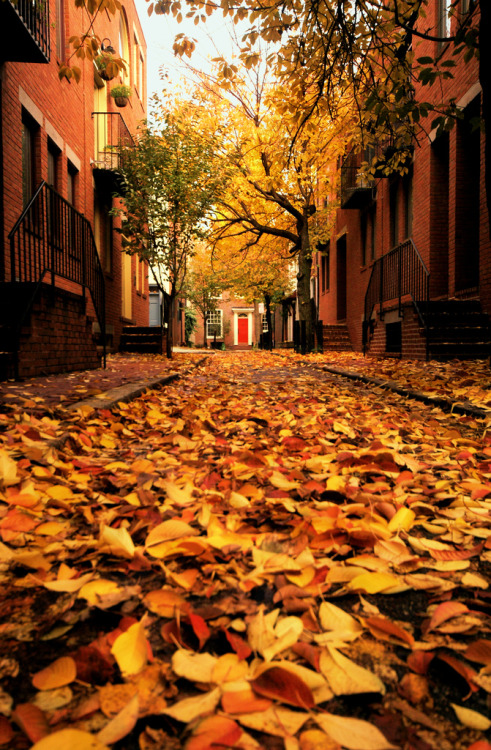 Autumn Quince
Autumn Quince
by Jane Hirshfield
How sad they are,
the promises we never returned to.
They stay in our mouths,
roughen the tongue, lead lives of their own.
Houses built and unwittingly lived in;
a succession of milk bottles brought to the door
every morning and taken inside.
And which one is real?
The music in the composer’s ear
or the lapsed piece the orchestra plays?
The world is a blurred version of itself–
marred, lovely, and flawed.
It is enough.
How to Know Birds
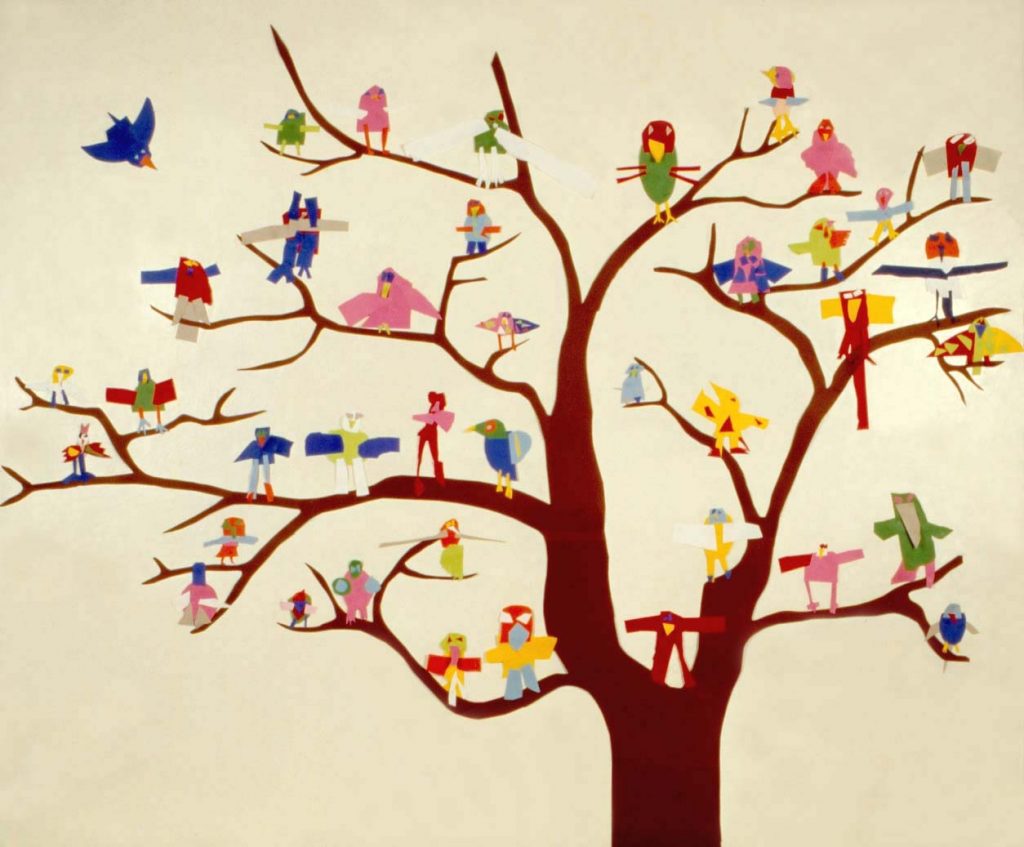 How to Know Birds
How to Know Birds
by Gary Snyder
The place you’re in
The time of year
How they move and where in the meadows,
brush, forest,
rocks, reeds, are they hanging out
alone or in a group or little groups?
Size, speed, sorts of flight
Quirks. Tail flicks, wing-shakes, bobbing
Can you see what they’re eating?
Calls and songs?
Finally, if you get a chance, can you see
their colors,
details of plumage–lines, dots, bars
That will tell you the details you need to
come up with a name
but
You already know this bird.
One of Those
I want to be
in partnership
with the universe
like the tiger lily
poking up
its gorgeous head
among the so-called
useless weeds
in the uncultivated fields
that still abide.
But it’s okay
if, after all,
I’m not a lily,
but only grass
in a clutch of curly grass
waving in the wind,
staring sunward: one of those
sweet, abrasive blades.



